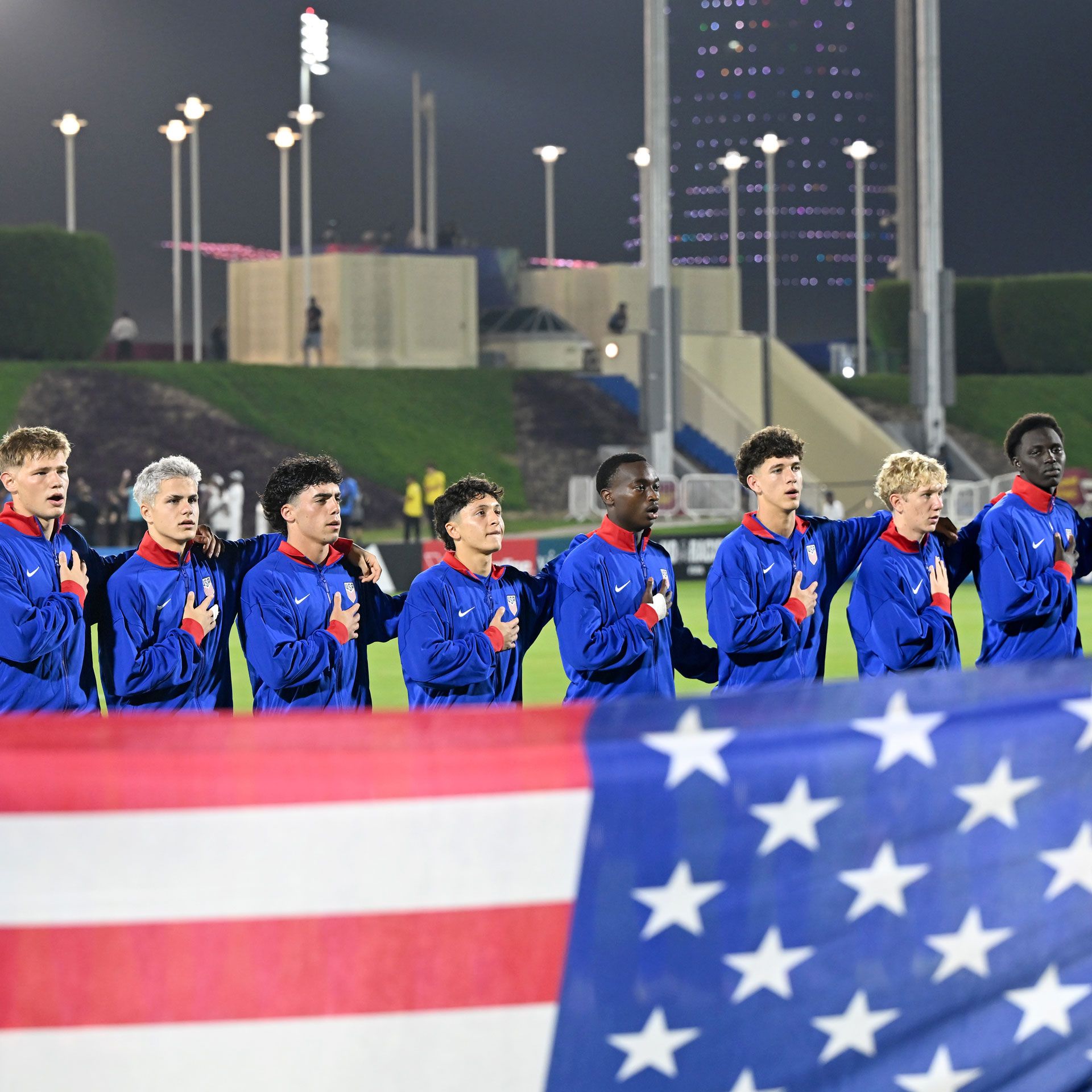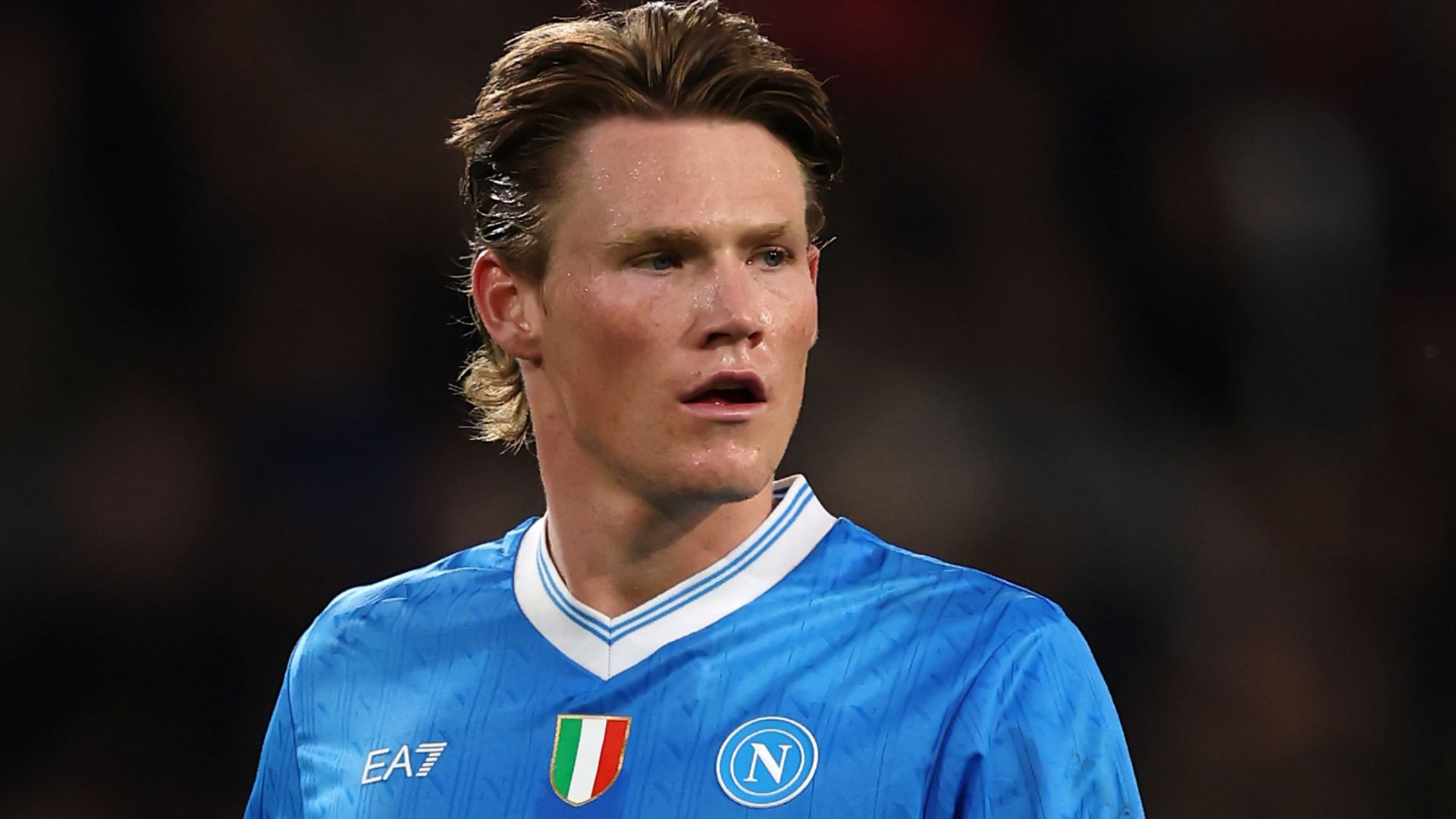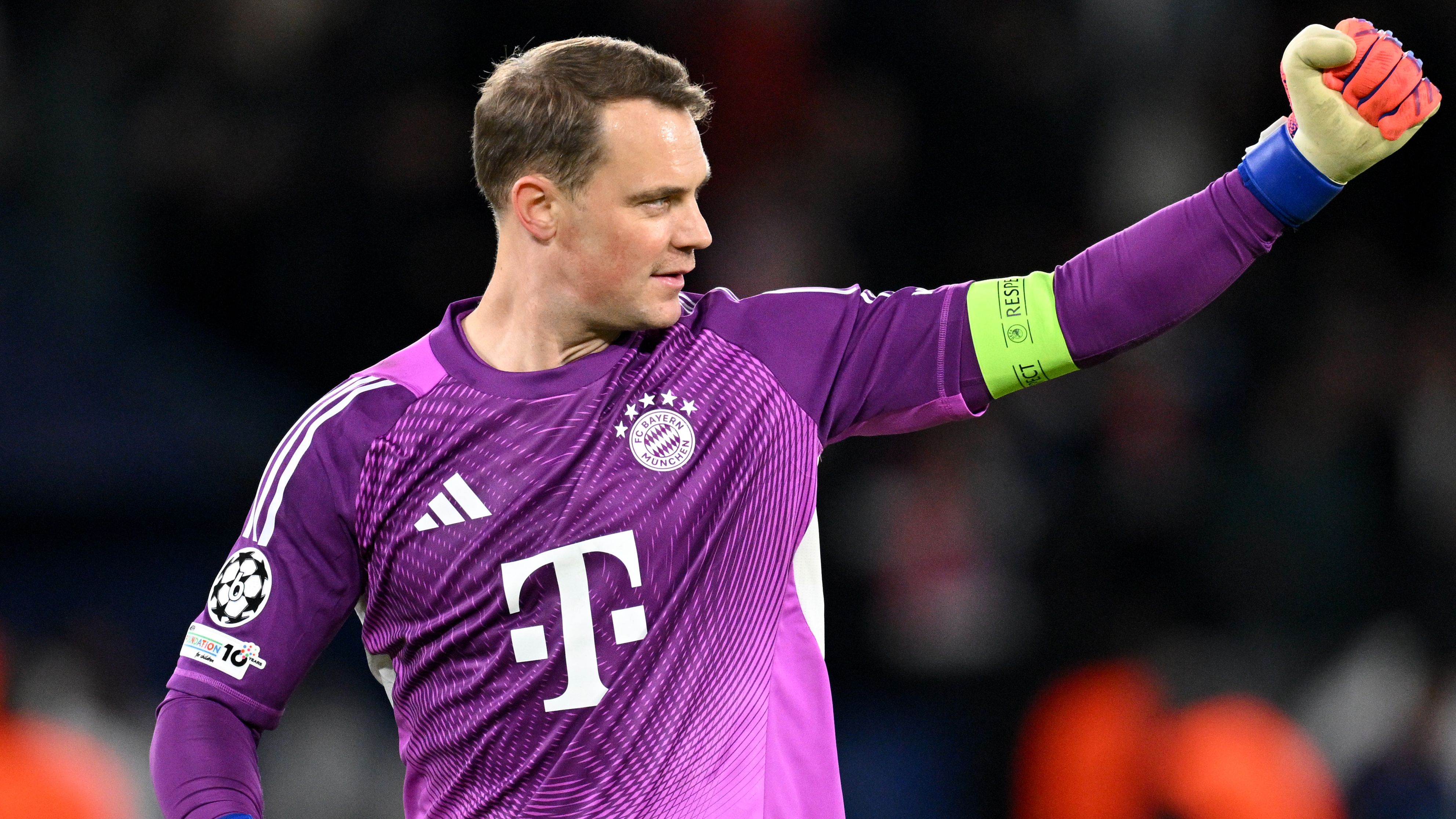Euro 2028 organisers say dynamic pricing will not be used for ticket sales

The organisers of the 2028 European Championship have promised that they will not use dynamic pricing to sell the three million tickets available for 51-game tournament in the United Kingdom and Ireland.Dynamic pricing is a flexible model that reacts to demand, with prices rising rapidly when demand is high and falling — but often not quite so quickly — when demand is low.While most consumers have got used to the idea when booking flights or hotel rooms, football fans, particularly in Europe, have reacted angrily to FIFA’s decision to use it at next year’s World Cup, which is largely being staged in the United States, where the practice is more established for sports and entertainment.That is not the case in Europe, though, and while current ticket prices for next summer’s World Cup appear to suggest that many fans will pay the high costs dictated by dynamic pricing, this is a gamble that UEFA and the governing bodies of the four host nations for Euro 2028 — England, Ireland, Scotland and Wales — do not want to take.Speaking at the official launch of the tournament’s brand and match schedule in London on Wednesday, English FA chief executive Mark Bullingham said: “There won’t be any dynamic ticket pricing — I think that’s really well-established.“There is a model that we’re really comfortable with, and we spent a couple of hours working through that, amongst other things, at a board meeting today.“I think a couple of basic principles: one is no dynamic ticket pricing, and the other one is approximately half of the tickets will be in Category Three, and also the Fan First category, which is the category below that. So, we’re really confident there’ll be a lot of accessible ticket prices.”When FIFA announced its prices for the World Cup last month, fans’ groups strongly criticised the high prices and scarcity of tickets in more affordable price-bands. Since then, FIFA’s “variable pricing” strategy has kicked in, sending those prices even higher — hundreds of dollars for the cheapest tickets and thousands for the most expensive.FIFA has defended its strategy by pointing out it is a non-profit organisation that reinvests all of its profits back into the game, and the men’s World Cup is by far its biggest earner.Bullingham said ticket prices would not be revealed until late 2027 but he, and all the other officials linked with the tournament present at the launch, stressed that finding a balance between generating money for the wider game and affordability for fans was the priority. This would suggest that an entry-level ticket for group-stage games will be comparable to the €30 (£26) ticket that was available at Euro 2024 in Germany.“Right in the front of our minds is that this needs to be an affordable Euros to a significant number of people,” said FA president Debbie Hewitt.















